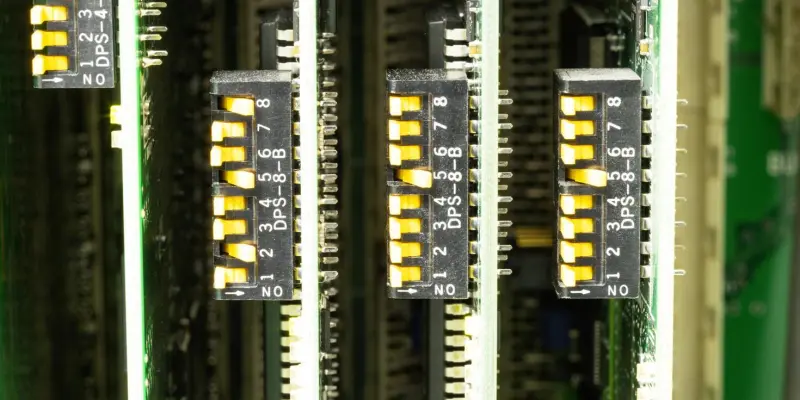In a significant move that has intrigued the tech community, ZOTAC has made a definitive choice to use a single 8-pin PCI-E connector for its upcoming RTX 5060 Ti graphics cards. This decision steers away from the problematic 12-pin connector, which has been notorious for causing overheating and melting issues in higher-end GPUs such as the RTX 5090 and 5080. The shift to a reliable 8-pin connector marks a critical step in addressing power supply concerns and improving overall efficiency and safety for the RTX 5060 Ti series.
Technical Validity and Power Efficiency
The single 8-pin connector is well-regarded for its power stability and simplicity, perfectly meeting the RTX 5060 Ti’s requirements. With a Thermal Design Power (TDP) set at 180 watts, the 8-pin connector’s capacity of supplying up to 150 watts, combined with the PCI-E x16 slot’s 75-watt contribution, ensures ample headroom for overclocking and high performance without risk. This total of 225 watts affirms that the single 8-pin connector not only suffices but excels in providing balanced power distribution, avoiding the pitfalls of the 12-pin connector’s design flaws.
This move by ZOTAC reflects the trend observed in previous graphics card series, like the RTX 4060 lineup, which also favored the 8-pin connector for its power efficiency. The model types within the RTX 5060 Ti series, including AMP, Twin Edge, and Twin Edge OC editions, all follow suit, ensuring consistency across different variants. This selection simplifies installation and enhances reliability.
Industry Impact and Anticipation
This adjustment is expected to substantially reduce the risk of thermal failures and improve the user experience significantly. It reflects ZOTAC’s commitment to delivering robust and dependable hardware solutions that cater to gamers’ and professionals’ needs. Additionally, using the 8-pin connector simplifies the installation process and minimizes potential problems related to power delivery imbalances. This strategic choice underscores ZOTAC’s proactive approach in addressing technological challenges and ensuring superior performance for its new line of RTX graphics cards.

